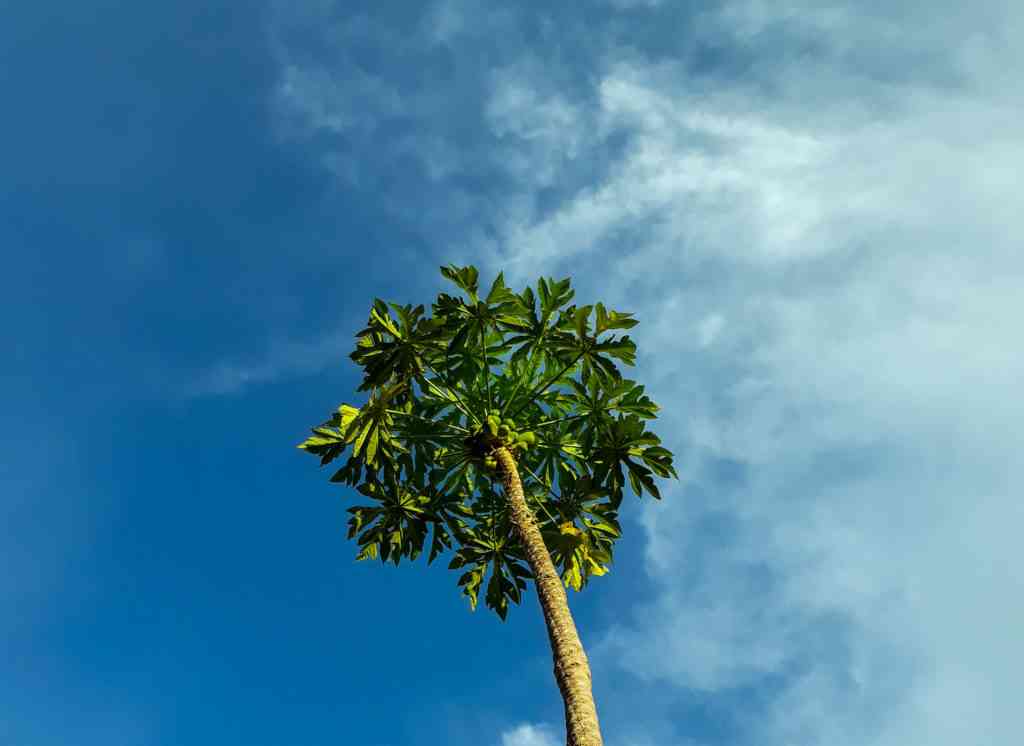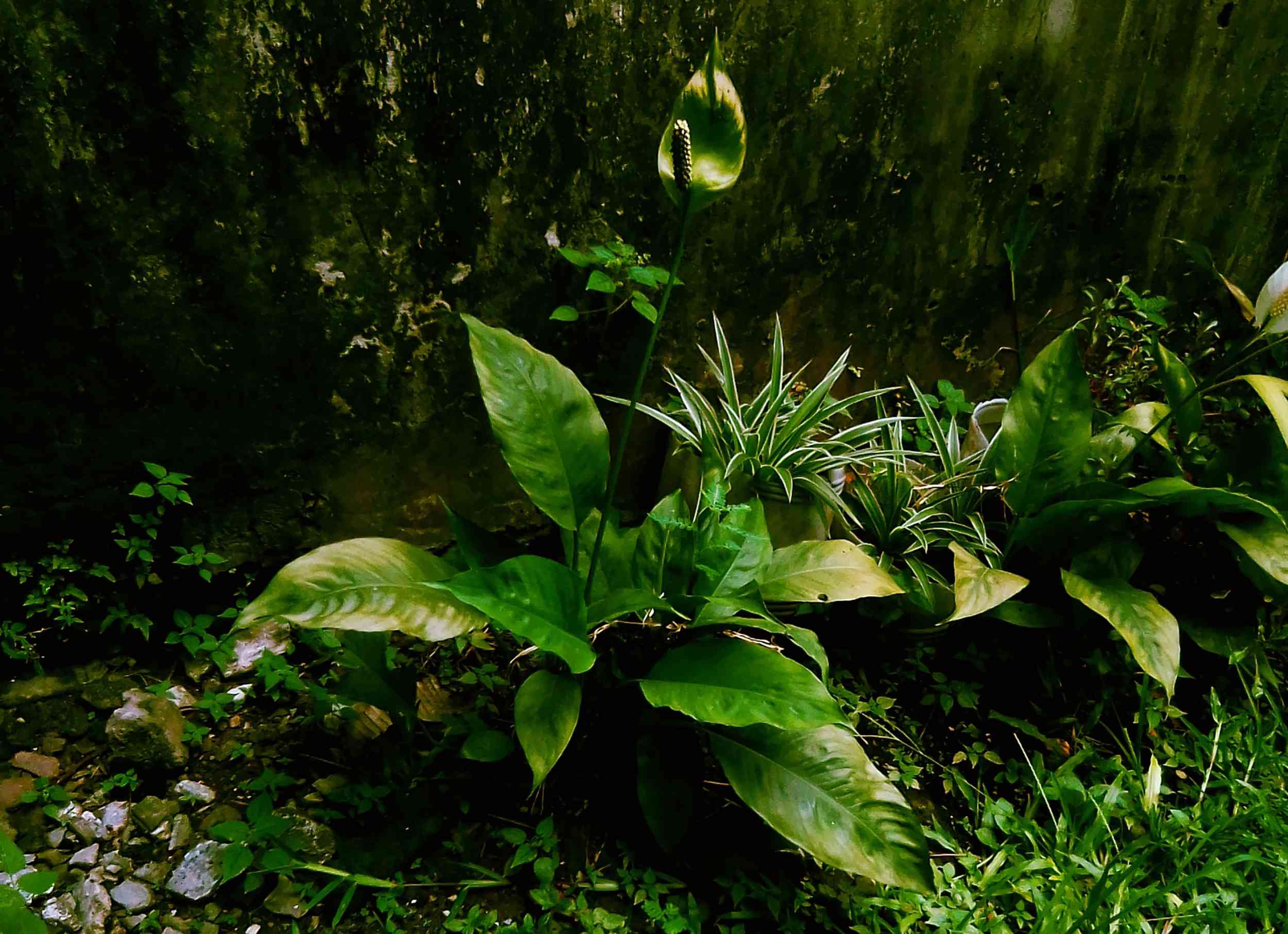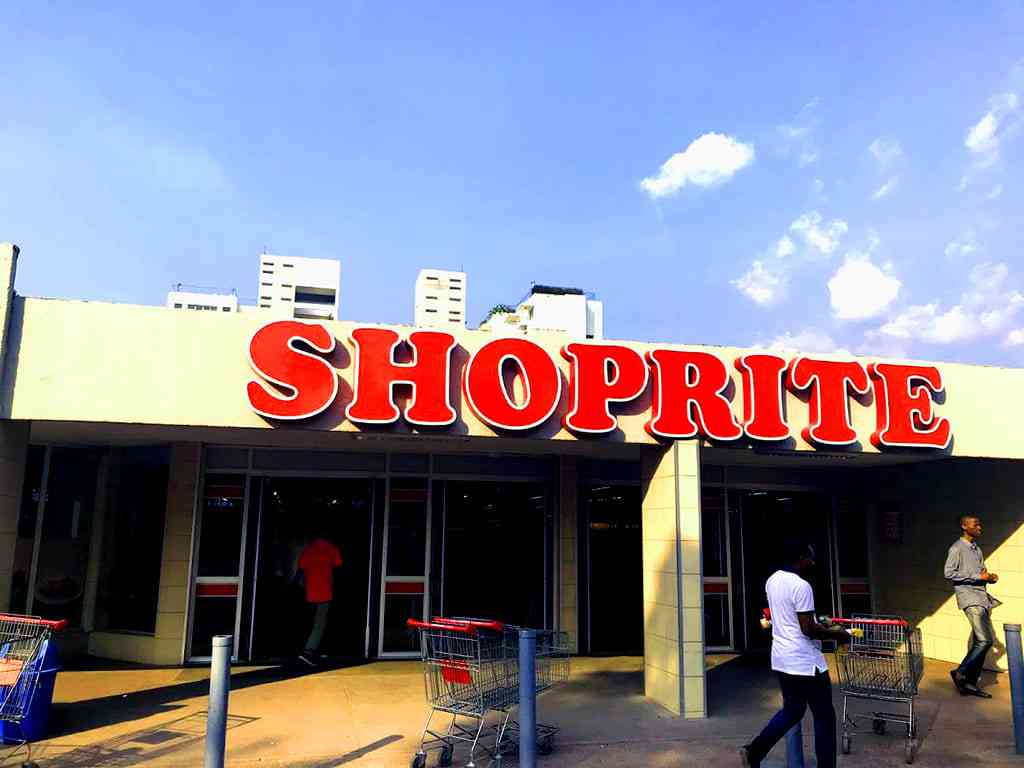Table of Contents
Can You Drink Tap Water in Kinshasa?
No, tap water is not drinkable.
Tap Safe includes data from many publicly available sources, including the WHO (World Health Organization), CDC (Center for Disease Control), and user submitted databases, but unfortunately there's not enough data about Kinshasa.
To see user submitted ratings of the water quality for Congo, see the "User Submitted Ratings" box on this page.
Drinking tap water in Kinshasa, the Democratic Republic of Congo, is not safe to drink. DRC endowed with large quantities of freshwater. However, water security is low because of economic and governance constraints. Due to a lack of facilities and water management systems, the city tap water did not go through proper sanitation and treatment.

In the DRC, the state water utility cannot improve its water pumping system because of a shortage in financing to initiate the project. Alternatively, they continue to pump water to needy areas through rusty, decaying pipes. A report from IRIN, only about 69 percent of the urban areas of the DRC receive water from the state water utility. There are a notable amount of citizens not receiving water to their towns and villages, ending in the locals looking for options to satisfy their needs of water.
USAID is helping the Government of the DRC to produce and increase systems required to manage the country’s water and sanitation targets. In association with the Global Water Strategy and the USAID Agency Specific Plan. USAID is petitioning water and sanitation demands through large scale investments in health services and systems. Additional U.S. government activities in the DRC include USAID/Food for Peace’s Development Food Assistance Program, and disease outbreak response, including for Ebola and cholera.
Source of Water in Kinshasa, Democratic Republic of Congo (DRC)
In Kinshasa, the main supply of water in urban areas comes from surface water that runs through the Congo river. Only 2 percent of the country lies within the Nile basin. This region is consumed by the Semliki River in the northeastern Albertine Rift beside the Uganda border and involves lakes, Edward and Albert. Despite its comparably small size, the Semliki watershed is a hydro-strategic region as it provides up to 4.6 km3 or 20 percent of White Nile flows. Another source for most rural areas comes from groundwater.
In History, the Congo River is unique. They named the country after this vast river, the second-largest freshwater river in the world. The river covers 98% of DRC’s surface area. And yet today, this exceptional natural lifeline is hurting not just from the threat of large dams to come, including the modern scourge of contamination.
Other links:
Wikitravel
Do not drink from the tap. Bottled water is readily available. Also, when cleaning your teeth make sure that you use bottled water.

The estimated price of bottled water
$1 in USD (1.5-liter)
USER SUBMITTED RATINGS
- Drinking Water Pollution and Inaccessibility
- Water Pollution
- Drinking Water Quality and Accessibility
- Water Quality
The above data is comprised of subjective, user submitted opinions about the water quality and pollution in Kinshasa, measured on a scale from 0% (lowest) to 100% (highest).
Related FAQS
Reminder
Always take extra precautions, the water may be safe to drink when it leaves the sewage treatment plant but it may pick up pollutants during its way to your tap. We advise that you ask locals or hotel staff about the water quality. Also, note that different cities have different water mineral contents.
Sources and Resources
Sources Cited
Additional Resources
Current Weather in Kinshasa
KINSHASA WEATHERSome of the Local Convenience Stores in Kinshasa

- Regal
- Shoprite
- Ok Mart
- GG MART SELECT
- Shop And Save
- Boucherie Ngombe
- S&K
- Bienvenue
- Kin Marché
- Hyper Psaro
- City Market
Estimated Price of Bottled Water
| Volume | CDF | USD | EUR | GBP |
| 1.5-liter | 1198.80 | $0.72 | €0.65 | £0.56 |